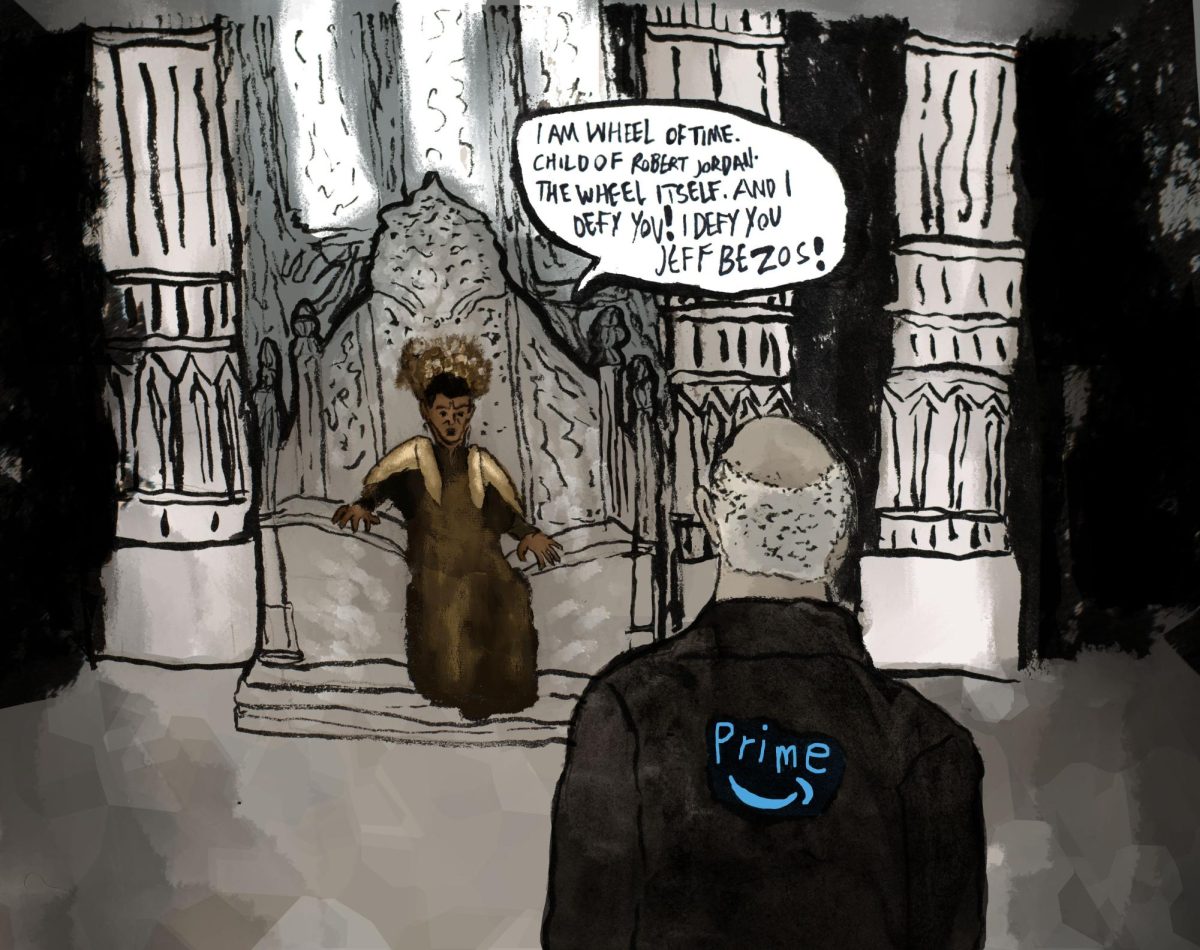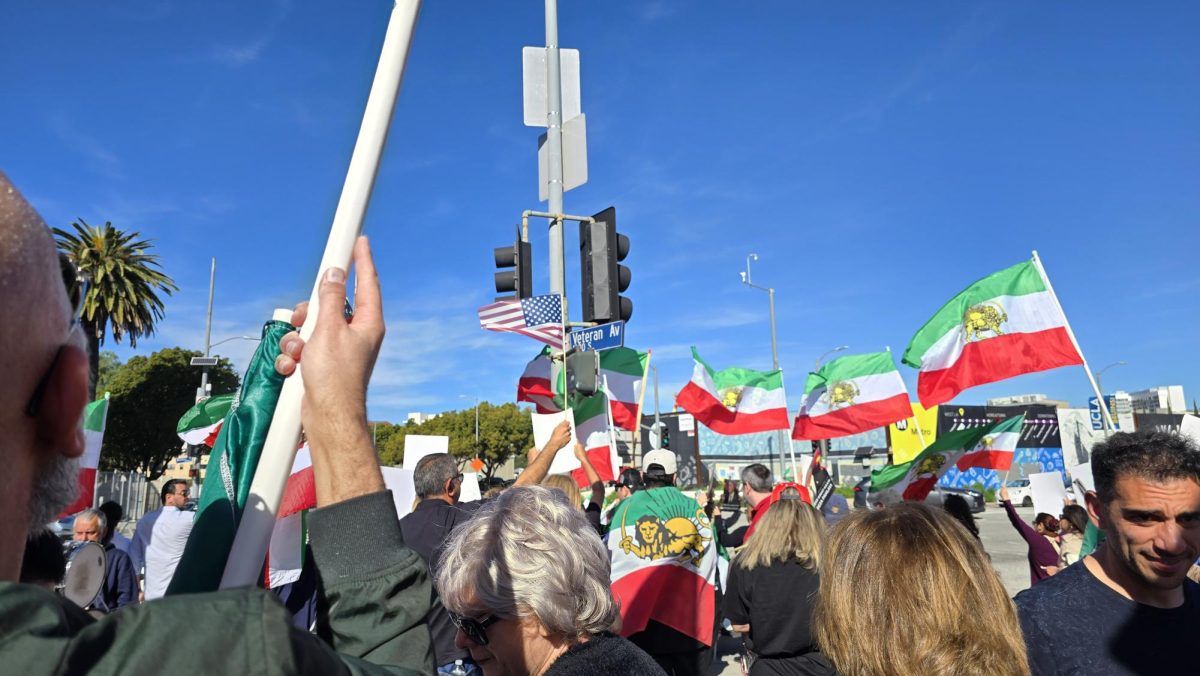
Arguing for the government: Armine Aleksanian
If you’re thinking San Francisco’s ban on toys with unhealthy Happy Meals wasn’t making news worldwide, consider this. The Center for Science in the Public Internet (CSPI) plans on suing McDonald’s if the fast-food chain continues to use toys to promote Happy Meals. The message is that the Happy Meal should be banned from all the fast-food restaurants in California. It’s unhealthy for our children and it’s unnecessary to trick them by offering toys with an extremely unhealthy meal.
San Francisco’s supervisors voted 8 to 3 in favor of banning the Happy Meal. This is a very interesting law that attempts to reduce childhood obesity rates, which have tripled over the past 30 years.
Public health advocates welcomed the action, calling it a small step toward decreasing the rate of childhood obesity. McDonald’s isn’t so happy about what San Francisco is doing to its Happy Meals.
“We are extremely disappointed with this decision,” McDonald’s spokesperson Dayna Proud said in a statement. “It’s not what our customers want, nor is it something they asked for.”
In any case, all fast-food restaurants that offer toys with a meal will have until December 2011 to modify and boost nutrition in their kids meals if they want to offer toys with the foods. The law states that the foods need to have a total caloric value of less than 600 calories and a sodium restriction of 640 milligrams.
I am an aunt of a 5-year-old boy. At such a young age, all my nephew want to eat is the Happy Meal at McDonald’s. He gets extremely happy to be served a yummy meal, with a toy. It’s really hard for my sister to see his disappointed face every time she offers to get apple slices instead of french fries. So instead, she says, “Hey, maybe french fries just this time is okay.”
Of course, I agree that parents have the ability to make a decision if they want to take their kids to get unhealthy meals, and the government should not take over control. At the same time, parents aren’t just taking their kids to eat fast food. It’s the kids that are asking. The aforementioned Yale study found that 40 percent of children between the ages of two and 11 ask to go to McDonald’s every week. If the Happy Meal is banned, children will no longer be able to get a toy with their meal, and their desire for eating a burger with french fries every week will stop.
I am one of many supporters of this law. It shouldn’t stop at San Francisco. In a couple of years, fast-food restaurants that offer such meals shouldn’t be allowed to sell them anymore. Our children are our first priority, and their health is very important to us. We need to keep our kids healthy. Happy Meals need to be banned. It might not be the most subtle method, but this clash of law and industry will bring along positive changes.
Arguing for the opposition: Thomas Herrera
Policies are now taking place that force citizens to lose their right of liberty; the liberty to eat foods that offend the government. Such a policy is now being presented to the citizens that reside in San Francisco where a recently established law banned McDonalds, or any other restaurant, from serving high sodium and fat meals with a toy.
The government has taken it upon themselves to rid citizens of the ability to designate what is appropriate for their life and for their family. They blame child obesity on fast-food restaurants, stating that the obesity rates have risen because of the toys given in happy meals. The government assumes that parents are irresponsible and cannot moderate their child’s nutrition.
The truth is that parents have more control of their children’s diet today than in the past. Companies have now been labeling the amount of calories in their food, giving out pamphlets, and posting nutritional facts by cash registers.
Parents are capable of supervising and moderating their kid’s diets and the toy isn’t the problem. Princeton University’s Stephen Daniels, author of “The Consequences of Childhood Overweight and Obesity” said, “The link between parental overweight and childhood obesity is likely to be both genetic and environmental, and untangling the two is often difficult.”
He understands it’s not fast-food restaurants who are at fault it, instead it could be by their environment or a hereditary issue.
The government fails to allude to any other possibilities that could have resulted in this rise, such as the lack of exercise. These citizens who where robed of their childhood happiness and liberty of choice were only given an ultimatum, but never showed that obesity could have resulted from many other possibilities.
Sara Gable and Susan Lutz state in their article “Family Relations” that “childhood obesity is not caused by one thing; rather, obesity results from the interplay of multiple factors. For instance demographics parenting beliefs and practices, child television viewing and physical activity…can lead to early obesity and with child obesity itself. ”
McDonalds does offer alternative meals to kids that are healthier and will allow the kids to still get their advertised toy. Parents can purchase a happy meal that contains a hamburger or chicken nuggets as well as a soda, milk, or apple juice, and if you don’t want your kids eating fries they can substitute them for apple dippers.
The problems in child obesity are alarming but to blame them on a toy not only gives the children anguish but is just as bad as shattering the American dream for citizens.





